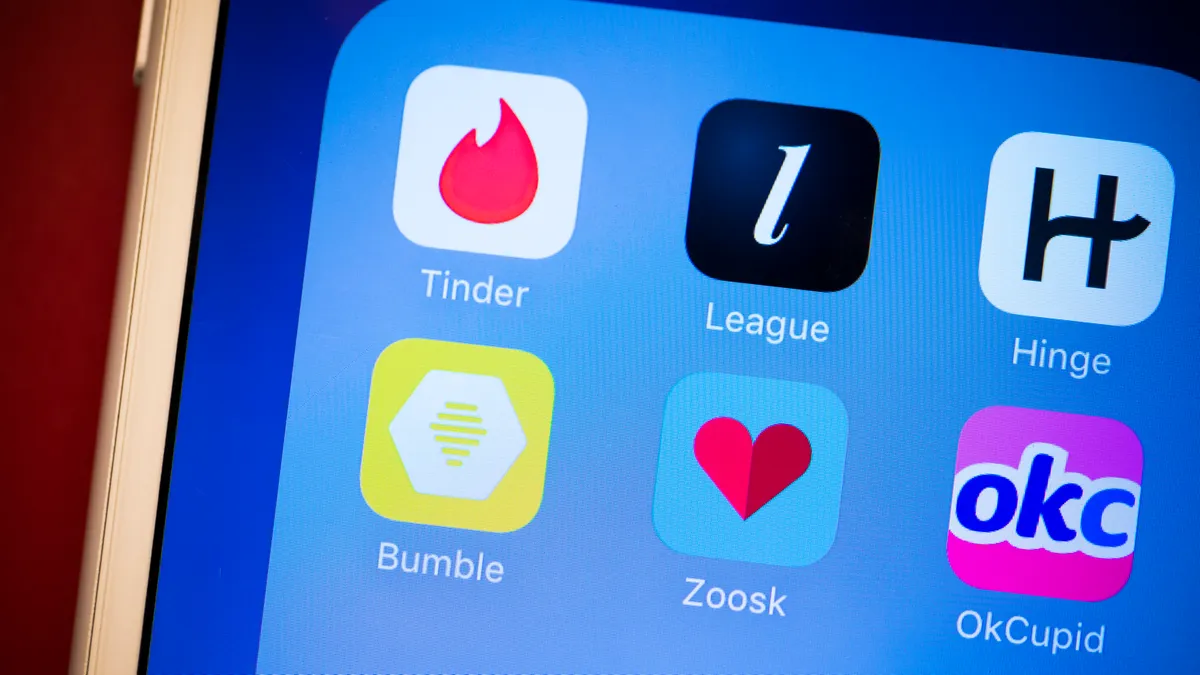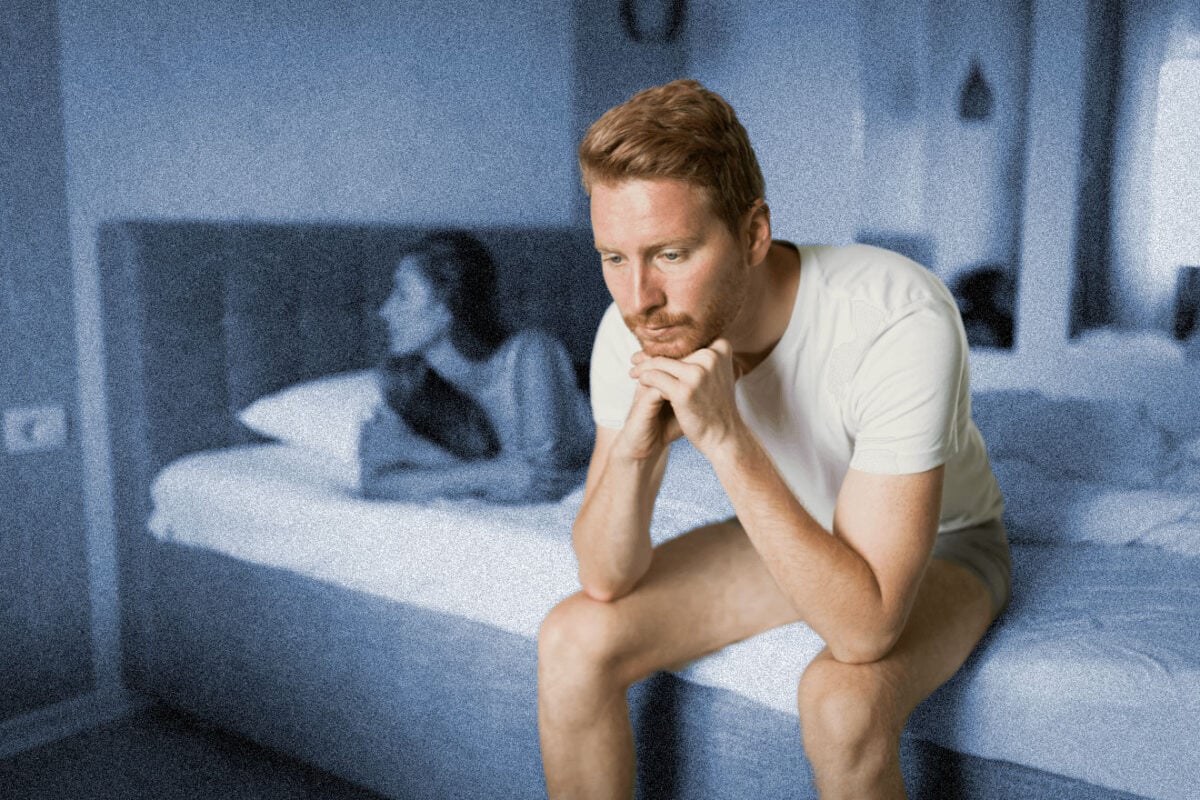Modern dating apps promote superficial connections, harm mental health, and train users for divorce, says psychologist Sadia Khan.
We’ve known for a good while that dating apps put profit before passion, turning users into veritable gamblers, and that no matter how many green flags you have in your home the apps make dating harder rather than easier. However, a recent interview reveals just how dangerous these dating apps could be.
In 2024’s fast-paced, swipe-right world, the pursuit of love has taken a decidedly digital turn. Leading psychologist and dating coach Sadia Khan recently appeared on the Subtle Art Of Not Giving A F*ck podcast with Mark Manson to argue that modern dating apps are doing more harm than good, training us for divorce and ravaging our mental health.
The Dehumanising Effect
Dating apps, with their apparently-but-not-actually endless options, encourage a mentality of disposability. “Modern dating is training people for divorce,” Khan says, explaining that the skills (if you can call them that…) developed via these platforms — disassociation, short-term value assessment, and a fallback mentality — are detrimental to building lasting, meaningful relationships.

The swipe culture promotes an extrinsic checklist of traits, such as looks and status, over intrinsic values like emotional connection and compatibility, fostering a superficial connection that often fails to transition into deep, long-term commitment.
“You can only judge by looks. When you are beautiful, you’ll be overwhelmed by the dating apps and as a result, you start to dehumanise men…”
The Psychological Toll
The impact extends beyond potential relationships themselves, having arguably greater damaging effects on mental health. Research consistently shows that married individuals report higher levels of happiness, longevity, and life satisfaction.
However, the prevalent message today, encouraged by dating apps, is to delay or avoid long-term commitment. As a result, more people are finding themselves in short-lived, unsatisfactory relationships that can contribute to anxiety, depression, and a sense of isolation.

Khan also highlights the influence of social media and pornography in skewing expectations and feeding into narcissistic behaviours, creating a dynamic that not only distorts what people seek in partners but also perpetuates unhealthy relationship patterns:
“Pornography has caused men to look for very extrinsic values, and that combination of women looking for money and men looking for sex means that sex workers and more promiscuous women are reaching the most successful men and pairing up quite quickly.”
To cut a long story short — we really enjoyed the full pod and suggest you imbibe the whole thing, should you have the time to do so — while dating apps offer convenience and a broad range of potential partners, they may be setting us up for failure in the long run.
The emphasis on immediate gratification and superficial qualities can leave us ill-prepared for both the many demands but also plentiful rewards of committed, long-term relationships.
As Khan’s insights suggest, it’s crucial to rethink how we approach dating in the digital age to foster healthier relationships and improve our all-important mental well-being.
